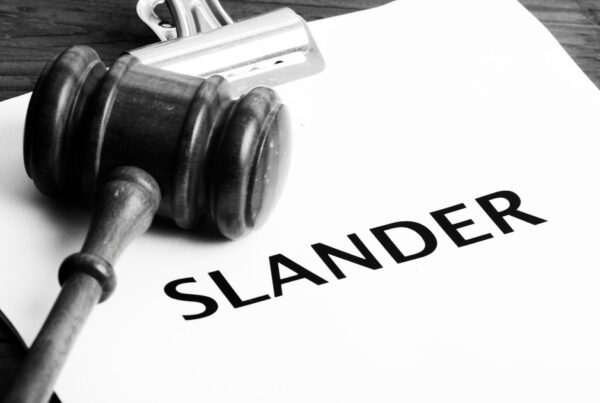 For many people in Florida, owning a home is a cherished dream come true. However, unforeseen financial difficulties can sometimes lead to the looming threat of foreclosure. If you find yourself facing this distressing situation, it’s crucial to understand that you have options.
For many people in Florida, owning a home is a cherished dream come true. However, unforeseen financial difficulties can sometimes lead to the looming threat of foreclosure. If you find yourself facing this distressing situation, it’s crucial to understand that you have options.
In this blog post, we’ll explore foreclosure defense strategies that can help protect your homeownership in the Sunshine State.
Understanding the Foreclosure Process in Florida
Before diving into defense strategies, let’s briefly outline the foreclosure process in Florida:
- Notice of Default: When you miss mortgage payments, your lender typically sends you a Notice of Default (NOD). This marks the beginning of the foreclosure process.
- Lis Pendens: If the default isn’t resolved, the lender may file a Lis Pendens, signaling their intention to foreclose on your property.
- Foreclosure Lawsuit: The lender initiates a foreclosure lawsuit, and you’ll be served with legal papers, including a summons and complaint.
- Response Period: You have a limited timeframe to respond to the lawsuit, usually 20-30 days. Failing to respond can result in a default judgment against you.
Foreclosure Defense Strategies
So, what defense strategies must one apply in order to navigate the complex terrain of foreclosure? Here are 6 effective strategies:
- Loan Modification: One effective strategy is to negotiate with your lender for a loan modification. This involves adjusting the terms of your mortgage, such as interest rates or the loan’s duration, to make it more manageable. A successful modification can help you catch up on payments and avoid foreclosure.
- Short Sale: In some cases, a short sale might be a viable option. This involves selling your home for less than what you owe on the mortgage, with your lender’s approval. While you won’t retain ownership, it can prevent the damaging effects of a foreclosure on your credit.
- Deed in Lieu of Foreclosure: Similar to a short sale, a Deed in Lieu of Foreclosure allows you to transfer ownership of the property to the lender voluntarily. This option can be less damaging to your credit than a foreclosure.
- Foreclosure Defense Litigation: Challenging the foreclosure in court is another option. Possible defenses include disputing the validity of the lender’s claims, highlighting errors in the foreclosure process, or pursuing a counterclaim against the lender.
- Bankruptcy: Filing for bankruptcy, specifically Chapter 13, can provide an automatic stay, temporarily halting the foreclosure process. It allows you to restructure your debts and create a repayment plan that includes your mortgage arrears.
- Seek Legal Counsel: Perhaps the most critical strategy is to consult an experienced foreclosure defense attorney. They can assess your specific situation, identify the most suitable defense strategies, and represent you in court if necessary.
Conclusion
Facing the possibility of foreclosure in Florida can be overwhelming, but remember that you have options. Whether it’s negotiating a loan modification, exploring short sale alternatives, or challenging the foreclosure in court, there are avenues to protect your homeownership.
For more expert legal guidance on this topic, contact one of our experienced attorneys at 305-570-2208. You can also email our lead attorney Eduardo directly at eduardo@ayalalawpa.com.
We at Ayala Law PA are passionate about helping those in legal need, so please don’t hesitate to schedule a case evaluation with us online here.
Subscribe to Our Blog
Stay informed with our latest blog posts delivered directly to your inbox. Gain valuable legal insights, tips, and advice from our seasoned attorneys.






